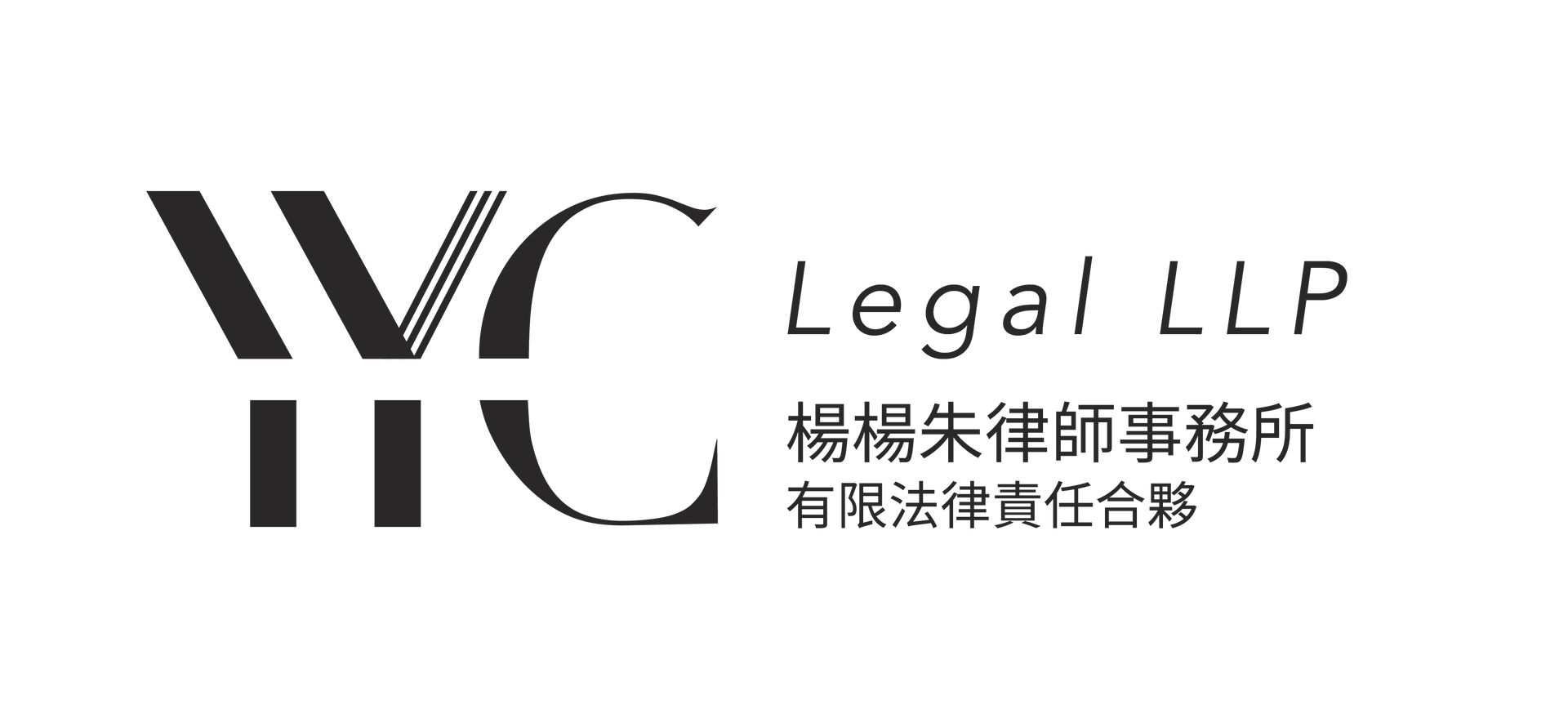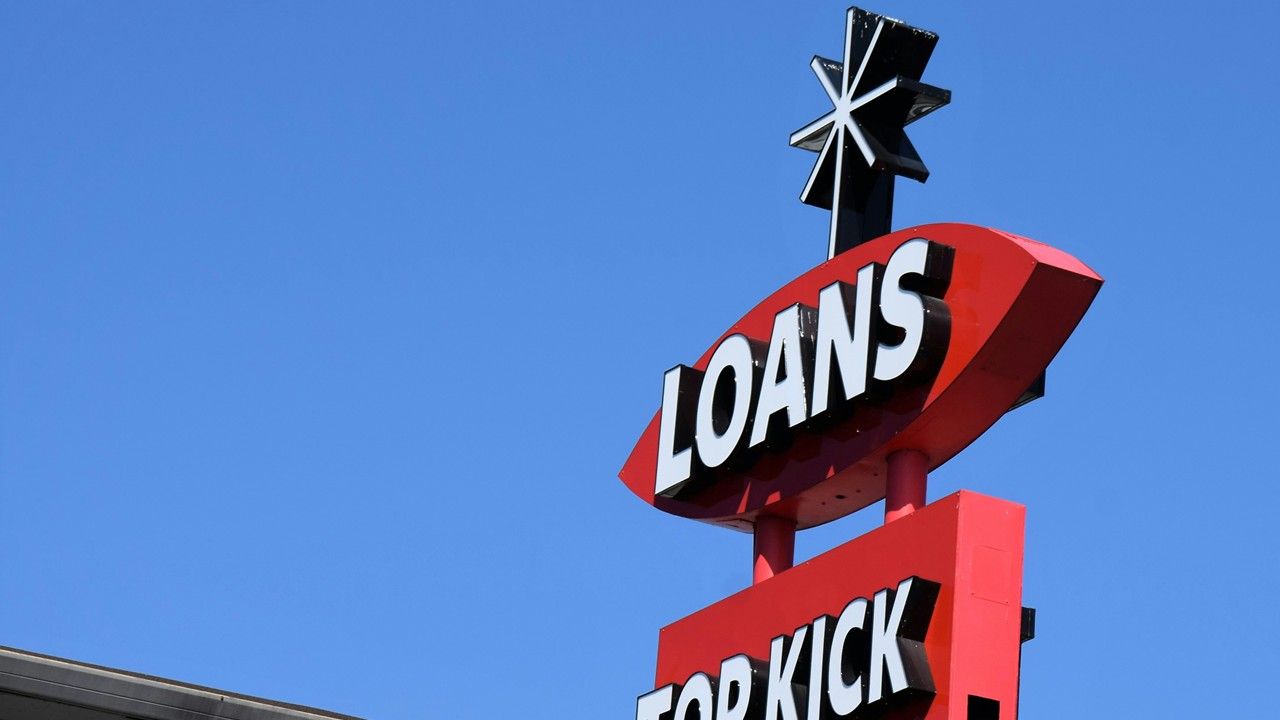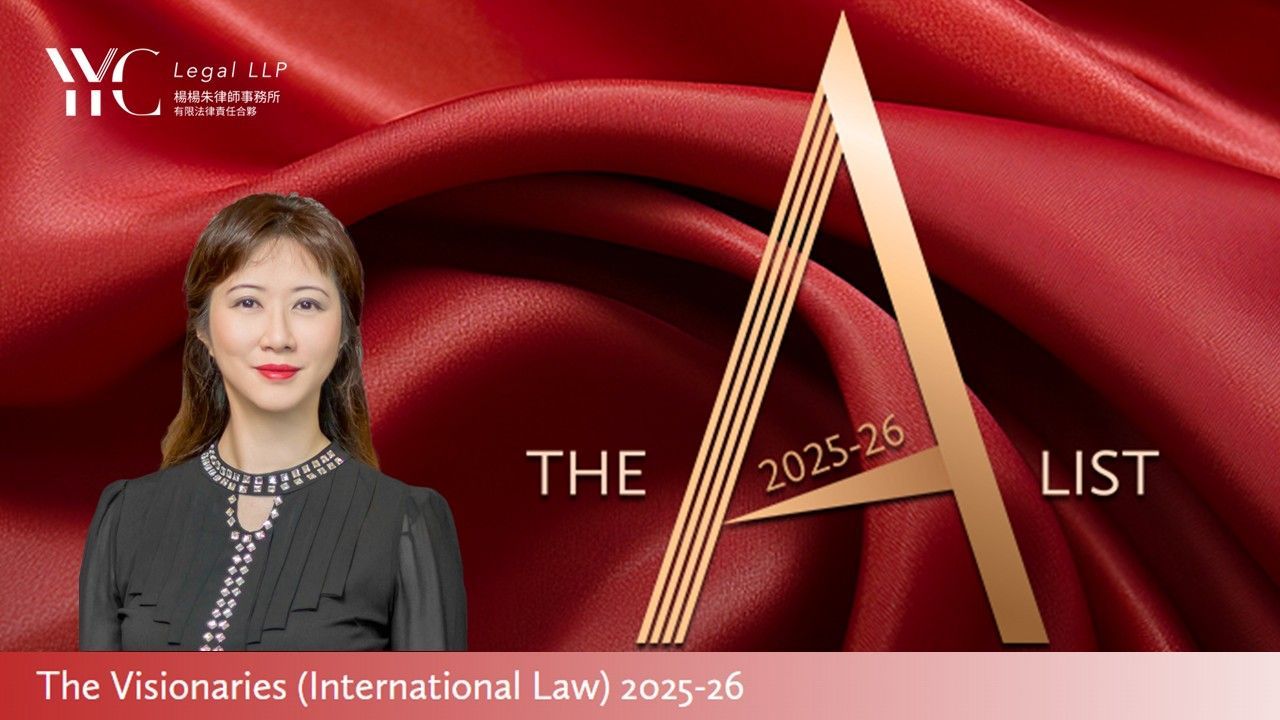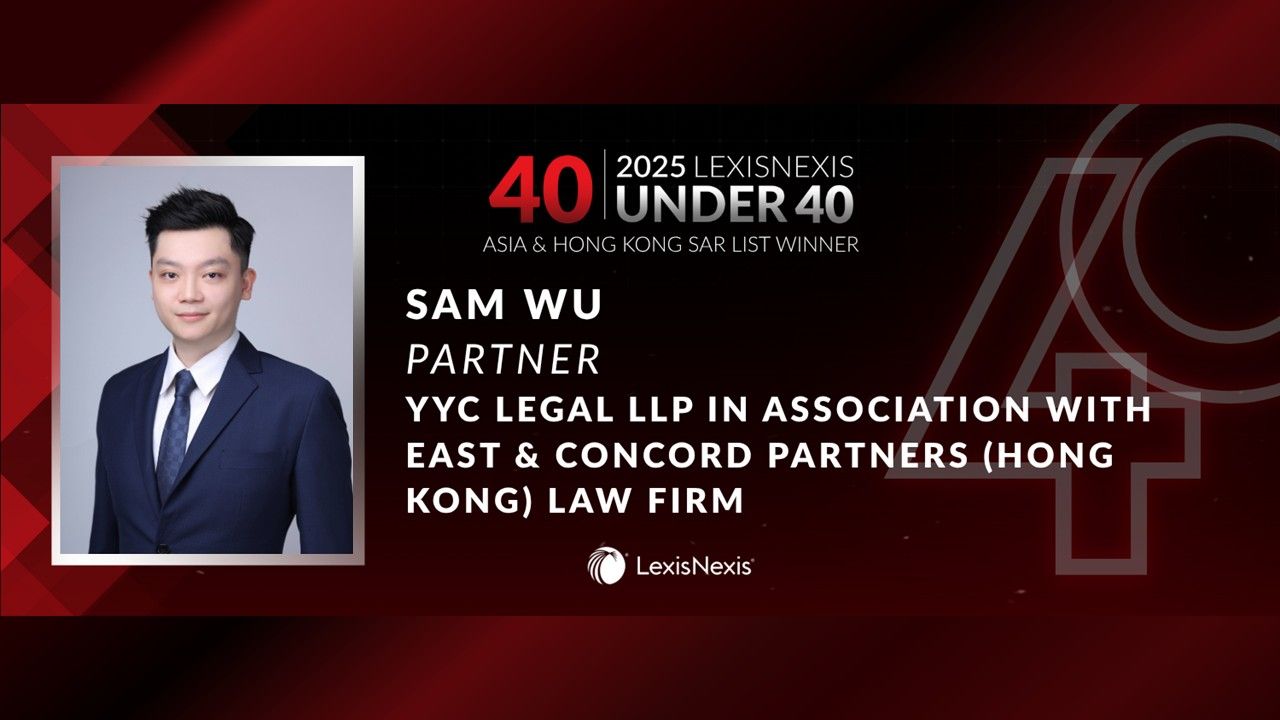Alternatively, the investor may acquire the controlling interest in a public company in one go, by putting forward a voluntary general or partial offer to the other shareholders.
Mandatory offers
In general, an investor (the offeror) must make a mandatory offer under rule 26 of the code to all other shareholders of the public company if it, together with persons acting in concert with it:
- Has acquired 30% or more of the voting rights of the company, whether as a single or a series of transactions; or
- While holding 30-50% of the voting rights, has acquired additional voting rights so that its holding of voting rights has increased by more than 2% from the lowest percentage holding of the previous 12 months.
When a mandatory offer obligation arises, the offeror shall extend its offer to all holders of each class of equity share capital (regardless of whether such relevant class carries voting rights or not), and each class of voting non-equity share capital of the company. Therefore, holders of share options, convertible bonds and warrants can also enjoy the offer, and the opportunity to exit from the company.
The consideration to be paid by the offeror to the accepting securities holders must be in cash, or accompanied by a cash alternative at not less than the highest price paid by the offeror, or person acting in concert with it, for shares carrying voting rights during the offer period, and within the six months prior to its commencement.
A mandatory offer must only be conditional upon the offeror having received acceptances from shareholders to the extent that such accepting shares, together with shares already acquired by the offeror, will be more than 50% of the voting rights of the company. Other than such acceptance condition, a mandatory offer must not be made subject to any other conditions (e.g., as to the maximum or minimum levels of acceptances required to be received).
That means if the offeror ends up holding more than 50% of the voting rights after the close of the offer, it has to take all acceptances of the offer. In the extreme case where the acceptance level is high, the amount of shares that remain to be held by the public may become less than 25% (or a lower public float level applicable to the public company). Then the offeror has to sell down some of the shares to maintain the public float level, if it intends to keep the listing status of the company.
Although the mandatory offer obligation is mostly triggered when the investor has acquired more than 30% of shares in a public company from a controlling shareholder or the open market, such obligation may also arise from other events such as:
- The investor’s transfer of 30% or more of the shares to a concert party;
- The company’s issue of new shares to an investor for cash, so that the investor’s shareholding will become 30% or more;
- The company’s issue of 30% or more of new shares to an enterprise as payment of consideration for a purchase of business from such enterprise;
- A repurchase of shares by the company, which indirectly increases the shareholding to 30% or more; and
- The company’s issue of new shares by way of rights issue, whereby a shareholder’s interest in the company increases to above 30%.
In some of the above-mentioned scenarios, the SFC may waive the mandatory offer requirement under the code, if certain conditions are met.
Voluntary offers
A voluntary general offer is an offer initiated by the offeror to buy up the shares, and therefore voting rights, of all other shareholders. Distinct from a mandatory general offer, a voluntary general offer may be:
- Made conditional on an acceptance level of more than 50%; and/or
- Made subject to other conditions, provided that such conditions do not depend on the judgment by the offeror or the public company.
If the offeror intends to make a voluntary offer to acquire less than 100% of the voting rights held by the other shareholders, such partial offer is subject to the SFC’s prior consent.
The consideration for a voluntary offer may be cash (a cash offer), securities (a securities exchange offer), or a mix of cash and securities.
